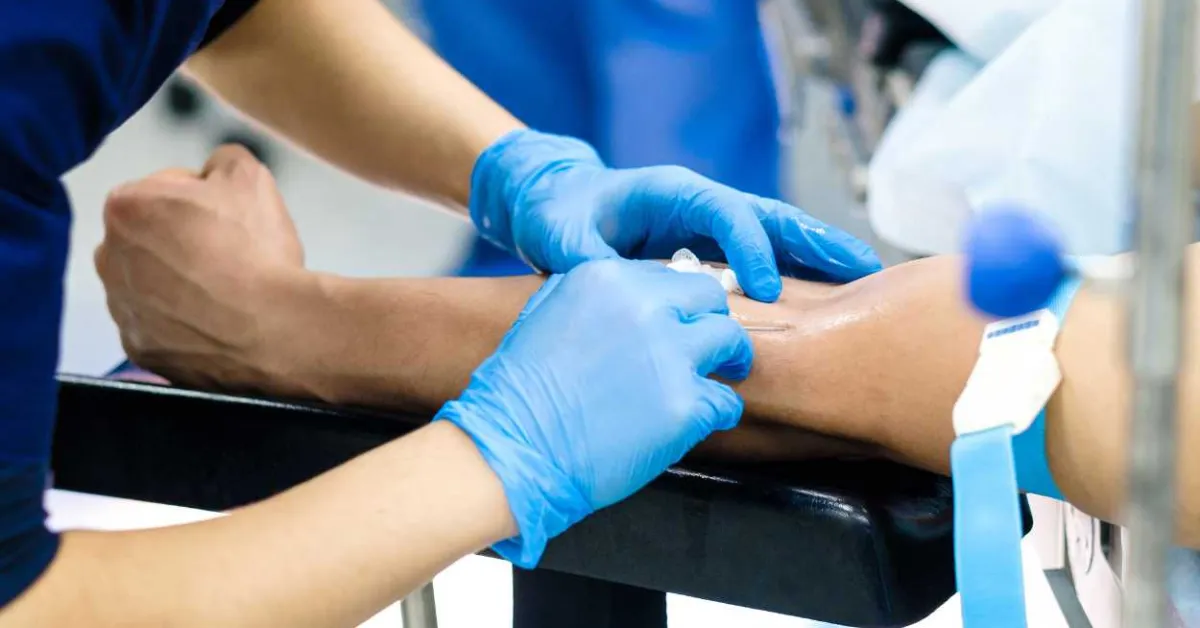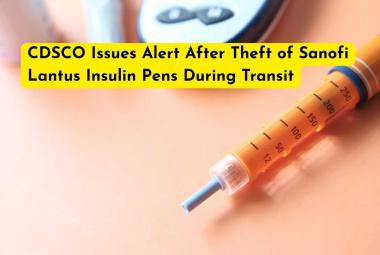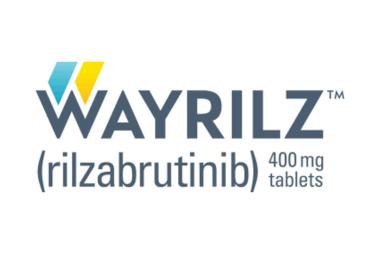Fresenius Kabi has issued an urgent nationwide recall of a specific lot of its Ivenix Large-Volume Pump (LVP) Blood Products Administration Sets, following the discovery of a manufacturing defect that could lead to serious or even fatal consequences. The U.S. Food and Drug Administration (FDA) classified this as a Class I recall, the most serious type, indicating that use of the defective product could result in severe health complications.
The recalled administration sets, identified by part number SET-0014-20 and lot number FA24K05015, were found to have a critical assembly error. Specifically, the primary and secondary inlet lines on the Y-site with a filter mesh were reversed during manufacturing. This misconfiguration could cause blood to bypass the necessary filter, allowing unfiltered blood or potentially harmful particles to enter a patient’s bloodstream. In other cases, the error could trigger occlusion alarms on the infusion pump, resulting in therapy delays or reduced delivery of fluids or blood products.
Such issues could have dire outcomes, particularly in vulnerable patient groups such as neonates, critically ill individuals, or those undergoing large-volume transfusions. The risks include infection, inflammation, embolism, underdosing, or hypotension. While no injuries or deaths have been reported so far, the potential for harm remains significant.
Fresenius Kabi notified customers of the problem on May 12, 2025, and issued clear instructions for healthcare providers to immediately stop using and distributing the affected products. Facilities were advised to quarantine the defective lot, conduct thorough inventory checks, and inform all relevant personnel. Unused units from the affected lot should be replaced with properly functioning products.
The Ivenix LVP Blood Products Administration Set is designed for use in hospitals and outpatient settings to deliver blood components such as red blood cells, plasma, or platelets. It is intended for use with the Ivenix Infusion System across adult and pediatric patient populations through various delivery routes, including intravenous and subcutaneous administration.
Healthcare providers have been urged to report any adverse events or product malfunctions related to the use of the recalled sets. Reports can be submitted to Fresenius Kabi by phone or email, and providers are also encouraged to notify the FDA through its MedWatch reporting system.
This recall serves as a reminder of the importance of strict quality control in the production of medical devices. Prompt response from healthcare facilities is essential to ensure patient safety and prevent potential harm from defective medical products.














